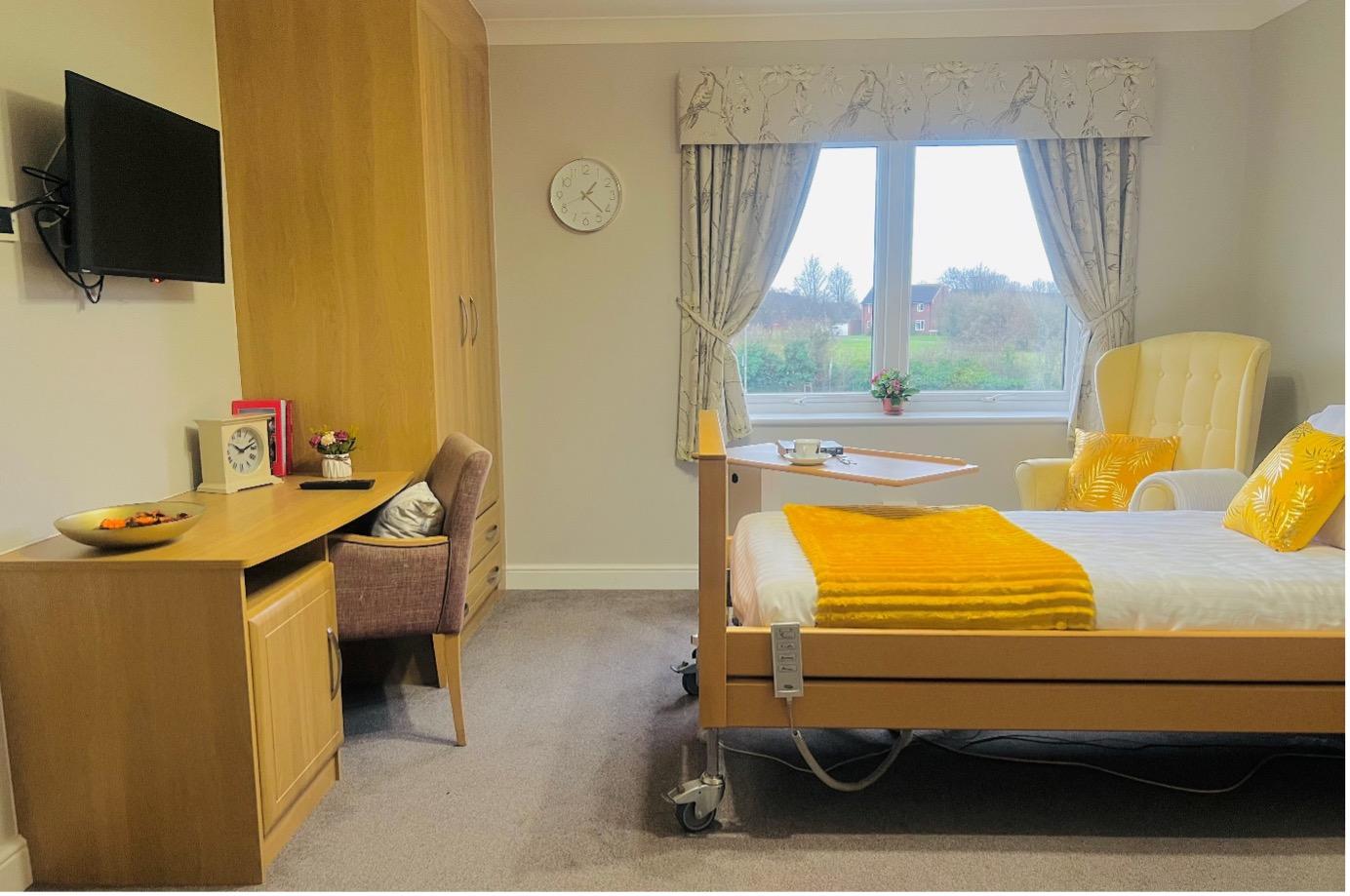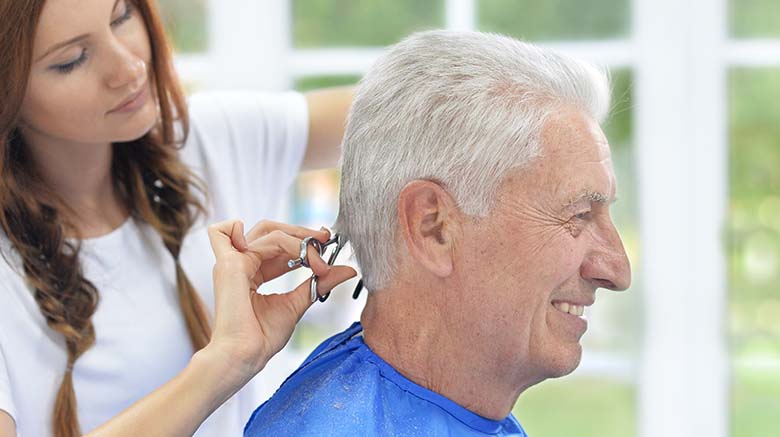In England, care home fees are assessed based on the individual’s care needs and financial situation.
The assessment of care needs is carried out by the local authority, which will determine the level of care required and the type of care home that is appropriate. The financial assessment is also carried out by the local authority or by an independent financial advisor. It will take into account the individual’s income, savings, and assets to determine whether they need to contribute towards the cost of their care.
If the individual’s assets and income are below a certain level, they may be entitled to financial support from the local authority to help pay for their care home fees.
If an individual is deemed eligible for NHS Continuing Healthcare, their care will be fully funded by the NHS. It’s important to note that eligibility for NHS Continuing Healthcare is not based on a specific diagnosis or condition, but based on an individual’s overall care needs and the level of support required to meet those needs.
Get in touch with the team for more information.







